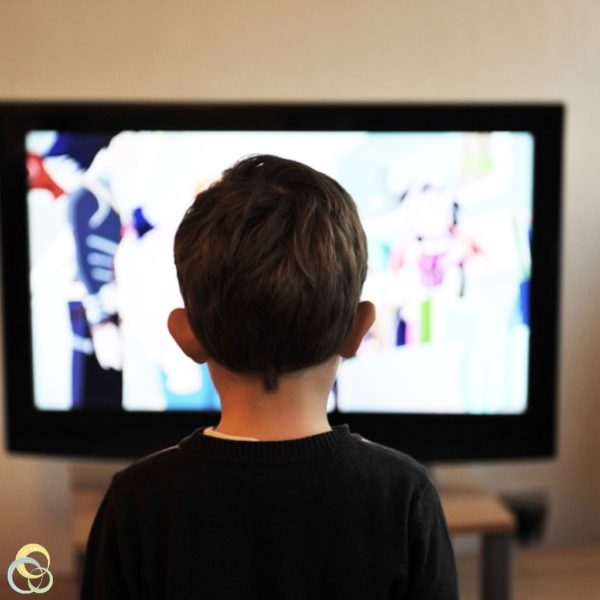
It’s no surprise that some survey results reveal that children nowadays are getting FAR more screen time than older generations. Technology and the amount of screen time our kids are now getting has become a significant concern among parents. There is growing research on the topic and excessive screen time can be detrimental to children’s development and may contribute to obesity, eye and wrist strain, social impairment, and exposure to inappropriate content if left unsupervised.
So how can we manage our children’s screen time?
1. Replace screens with engaging toys and games for little ones under age 2. Real life experiences are especially necessary for this age group. Encourage outdoor play and toys that promote sensory, gross, and fine motor skills.
2. Establish TOGETHER reasonable time limits and time of day to allow screens that offer entertainment and educational value (ages 3-8). This way, the activity won’t affect other daily activities, such as family time, homework, chores, or playing with siblings. CONSISTENCY IS KEY.
3. Encourage development of self-control in tweens (ages 9+) to help them monitor and adjust their usage without supervision. Have an open conversation with them: does social media make you feel more stressed or less? Do you feel connected in your real-life friendships and relationships? Does it consume too much of your time?
4. Model good screen habits. Parents who also limit screen time, promote sitting down to a family dinner, and encourage positive social, family, and emotional development through quality time and involvement are more likely to have their children learn appropriate behavior with screen time.
5. Express your concerns. Does your child show signs of too much engagement with screen time? Voice your concern in a respectful, caring way. Help them understand why you’re concerned and how you both can work together to develop a plan that would be reasonable and simultaneously not hinder their wellbeing and cause concern.
Finally, DISCUSS A PLAN THAT EVERYONE in the family can agree upon. It may include scheduling screen time, setting limits, managing chores, and activities before starting screen time, and encouraging an open conversation when a sense of overwhelm, stress or anxiety develops from social media in older children.
Decide on whether (as a family) you’ll implement a no screen time until homework is completed for the day, or whether you’ll choose to have chores be earned in 20-minute increments once chores are completed. Do you allow screens during meals? Will you implement a “no screen-time” rule after a certain time? Provide choices, run a family meeting, and brainstorm TOGETHER to encourage equal contributions from all family members.


